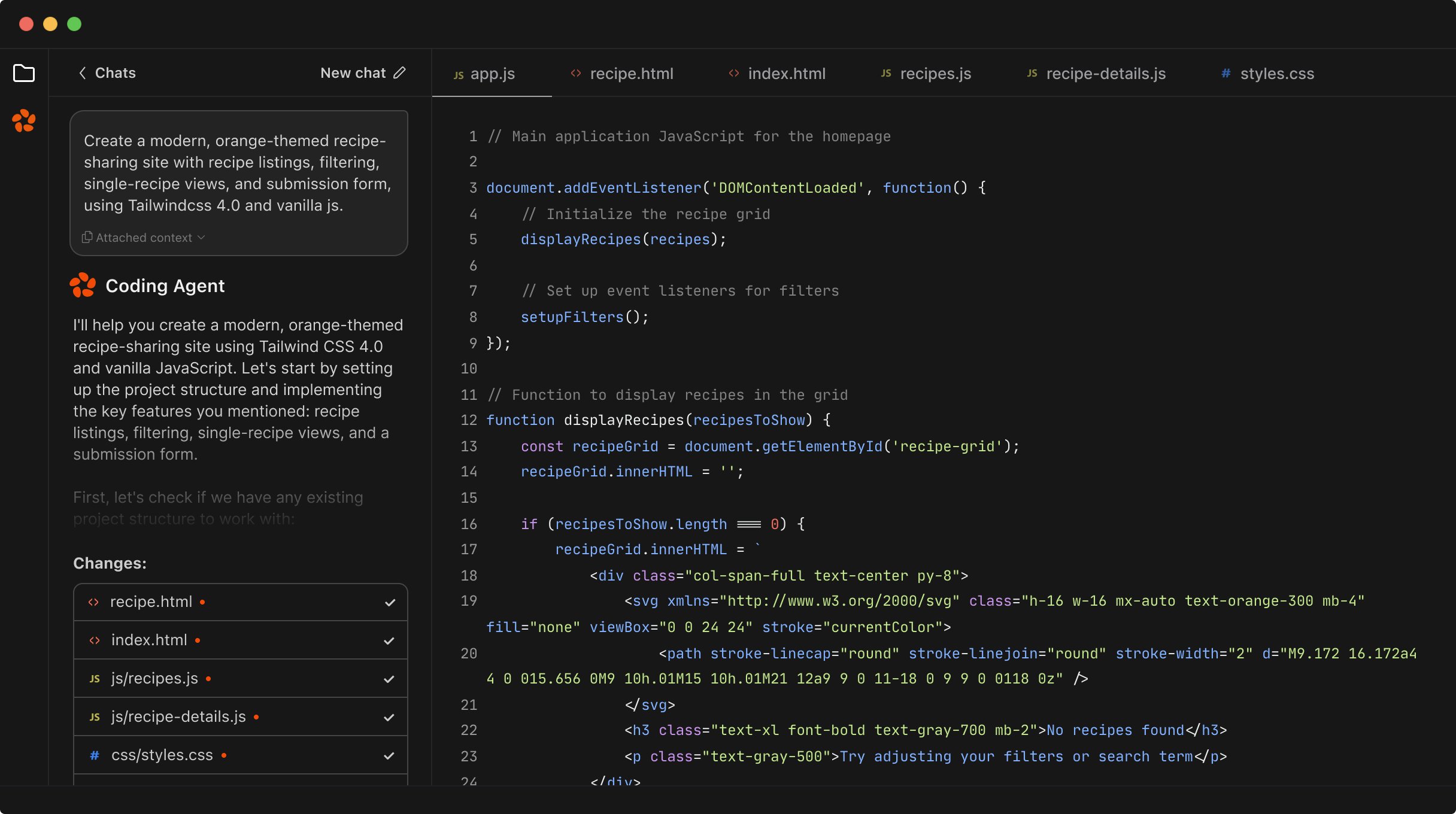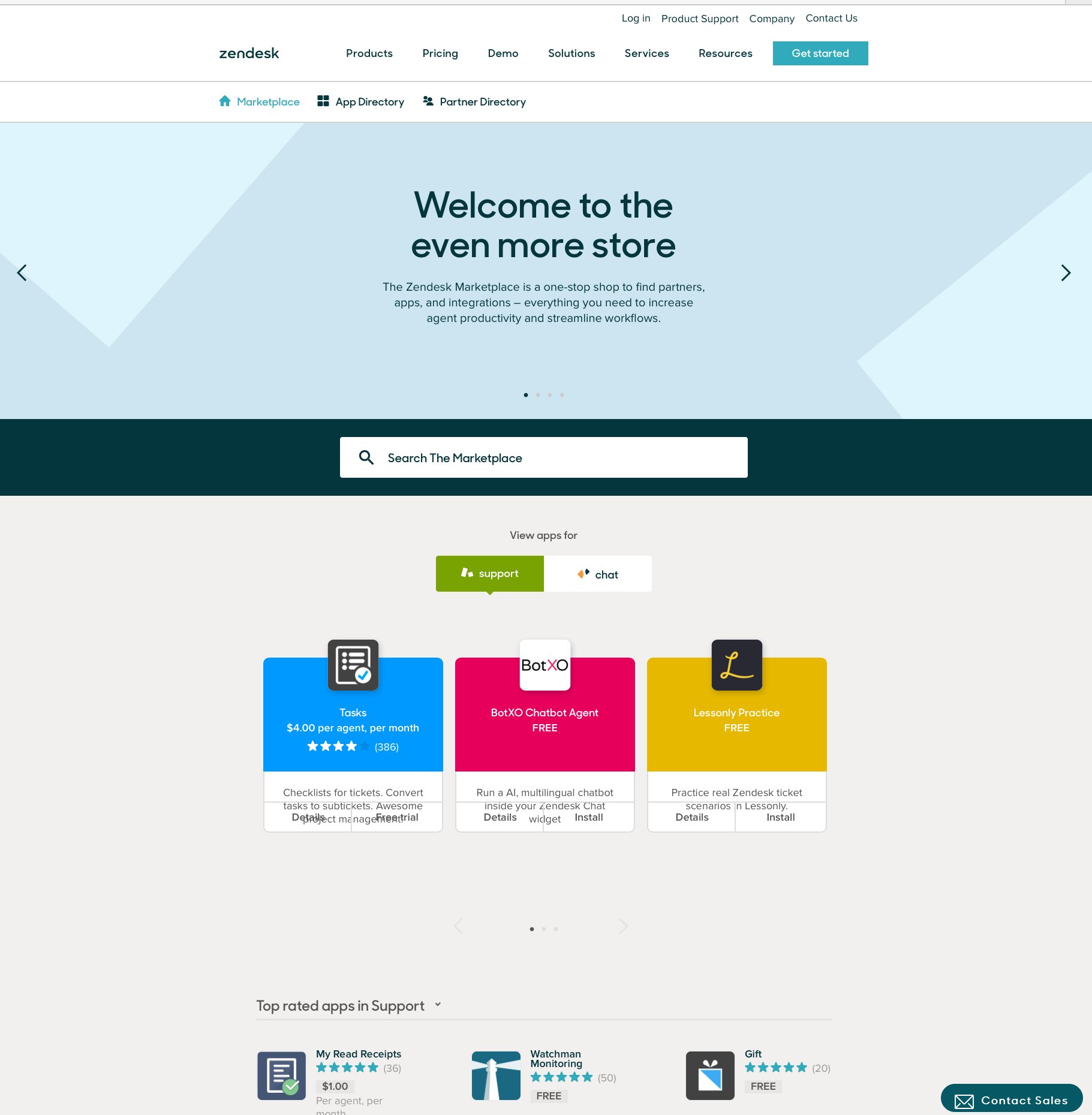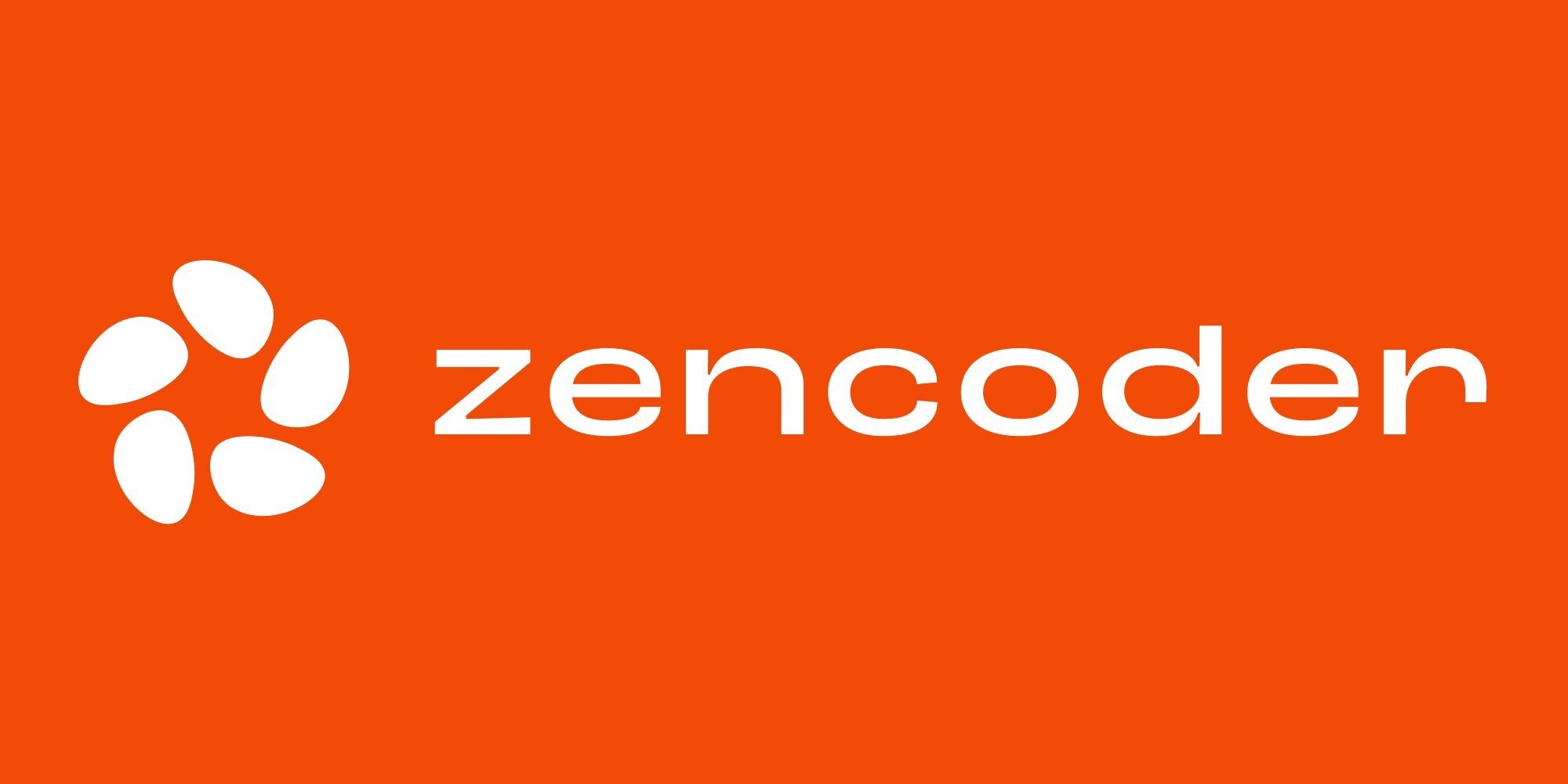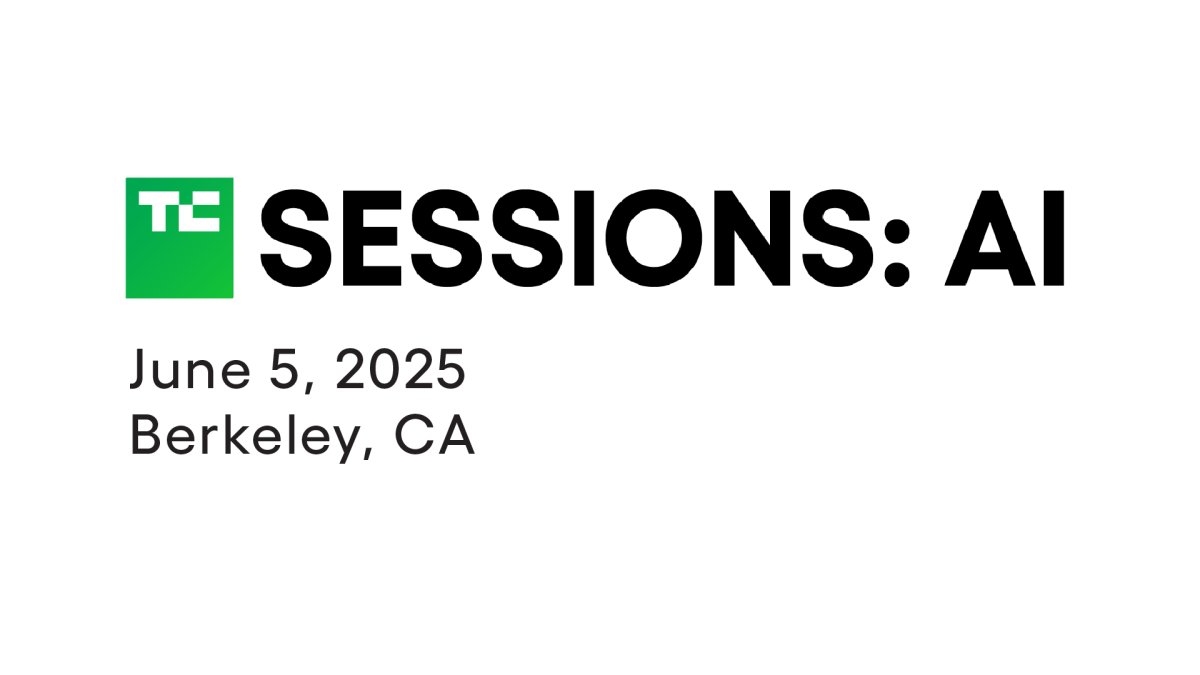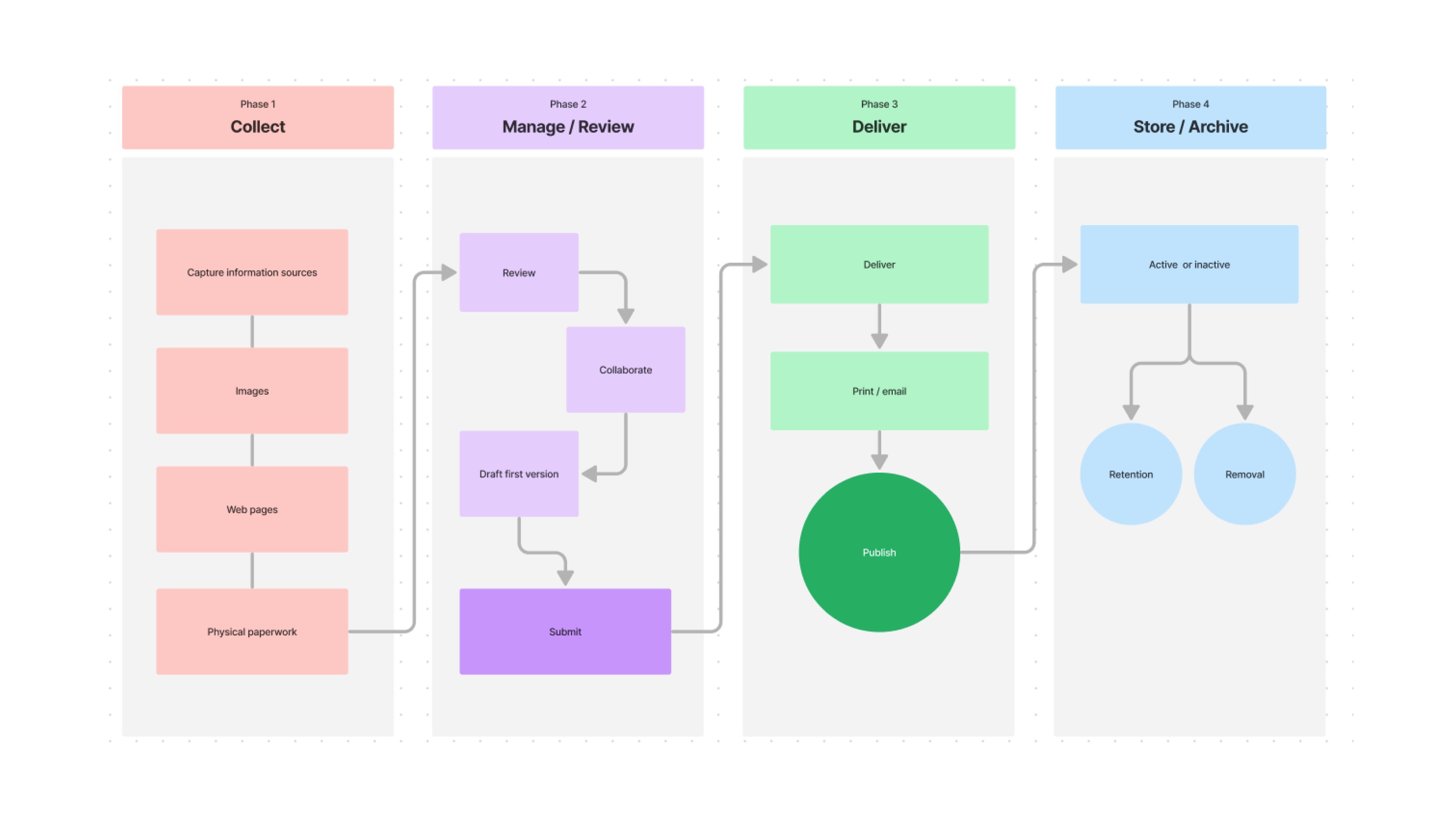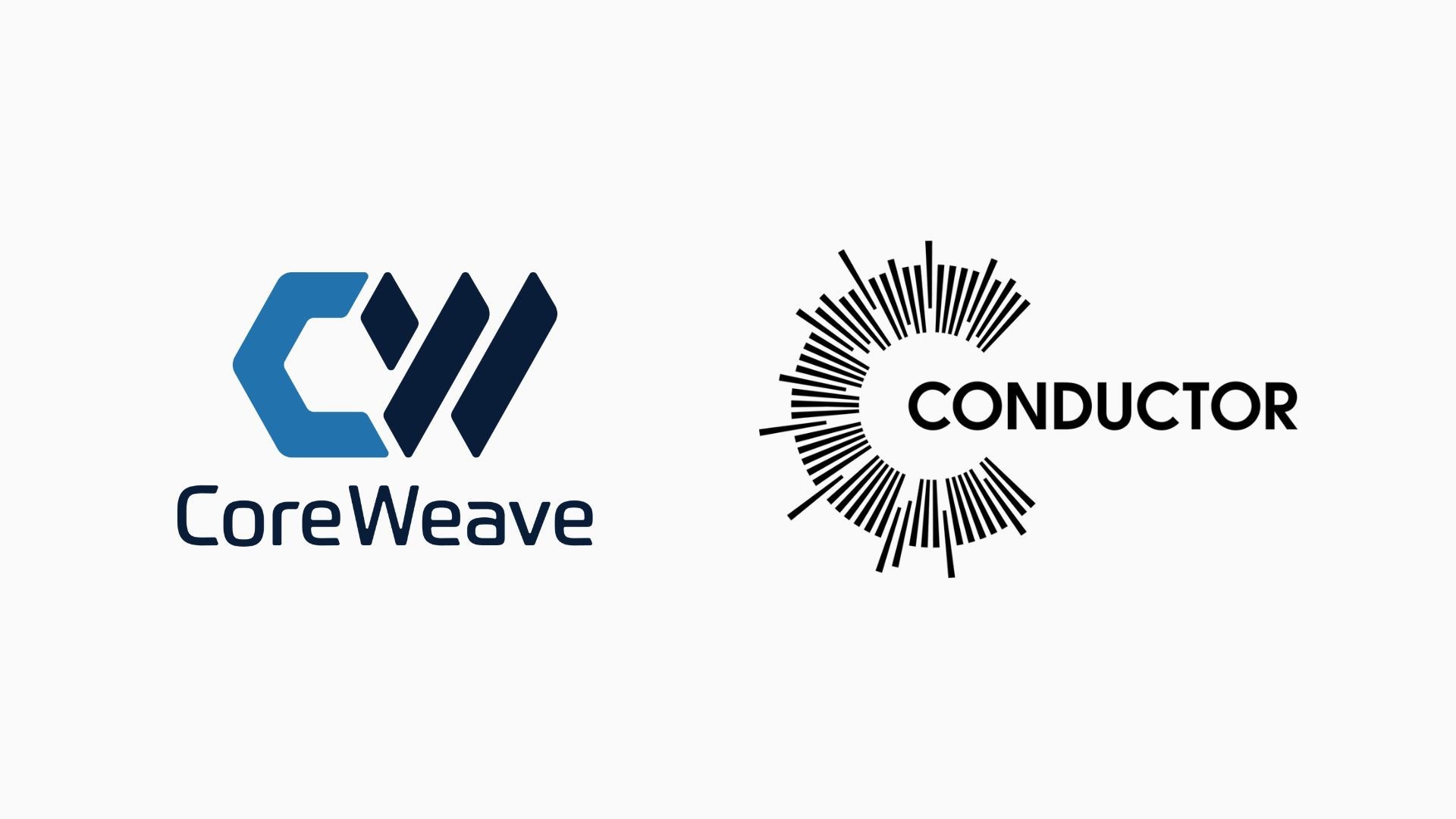Zencoder has officially launched Zen Agents in May 2025, a set of AI tools designed for use across software development teams. This new platform aims to change how developers use artificial intelligence by letting teams create, share, and deploy specialized coding agents on an open-source marketplace. Unlike most AI assistants that only help individual coders, Zen Agents is targeting the spaces between team members, helping teams work smarter and faster together.
The launch signals a shift in the evolution of coding assistants. With Zen Agents, Zencoder is hoping to address repetitive tasks and long feedback cycles that slow down team-based projects. Andrew Filev, CEO and founder, says this approach makes software development more efficient and helps organizations standardize best practices across their codebases.
Introducing Zen Agents and Zencoder’s Vision
Zen Agents is a new initiative from Zencoder, a company recognized for its focus on AI-powered tools for developers. According to CEO Andrew Filev, the company’s vision is to address team collaboration issues that are not covered by most mainstream coding assistants. Over time, Zencoder has noticed that while productivity tools can boost an individual’s efficiency, real work in software organizations is tackled by groups.
Zencoder aims to bridge this gap. Their Zen Agents platform offers a collection of customizable AI agents that teams can tailor to their unique workflows. Instead of focusing only on helping a single engineer, Zen Agents let organizations adopt intelligent workflows that span multiple contributors, files, and even projects.
Filev states, “There’s a whole layer of work that happens in development that isn’t just about writing code. Our vision is to amplify team performance across those areas.” Zencoder’s product goals align closely with their belief in collective intelligence and incremental process improvements.
This release matches Zencoder’s broader goal to keep engineers in what they call a “flow state,” fostering sustained productivity and minimizing distractions or unnecessary interruptions. The end goal is simple: build better software, faster, as a coordinated team.
Solving Team Collaboration in Software Engineering
Modern software development usually happens in teams. Traditional AI coding assistants have focused on individual coders, leaving out key challenges like handoffs between team members or syncing code style and quality. These gaps can lead to bottlenecks, longer review times, and inconsistent practices between groups.
Zen Agents changes this. It provides ways for teams to design agents that can review code, guide onboarding, or automate feedback loops. By sharing these agents across an organization, everyone benefits from consistent guidance and fewer interruptions in their workflow. This brings teams closer to a truly collaborative development environment.
Filev says these agents are particularly helpful for large development groups with many moving parts. Standardizing processes – without sacrificing flexibility – helps avoid errors and wasted time. These agents not only assist in writing better code, but also teach junior developers and uphold company standards.
With Zen Agents, task ownership and transitions between engineers become smoother. Automation extends far beyond the basics, locking in code best practices, efficient on-call rotations, or even project management tasks – all optimized for team-wide success.
For software companies, this could mean more frequent releases, fewer bottlenecks, and higher-quality projects with fewer manual steps. Collaboration becomes a core design feature rather than an afterthought.
Automating Development Workflows and Reducing Delays
Many software teams lose valuable time waiting for code reviews or responding to change requests. With Zen Agents, Zencoder wants to shrink these downtime periods. Teams can configure agents for specific tasks like code review, automated testing, and compliance checks.
When an agent reviews code immediately after submission, the feedback is direct and fast. Even if the agent isn’t perfect, this rapid iteration helps engineers quickly address issues and keep moving forward. Zencoder says this can dramatically reduce delays between code being written and integrated into larger projects.
Teams can also program Zen Agents to follow organization-specific workflows. For example, in highly regulated industries, agents can check that all commits meet compliance before merging. This minimizes manual oversight and ensures that only approved code reaches production.
- Automated code review
- Real-time testing feedback
- Workflow-specific automation
- Immediate compliance checks
- Seamless handoffs between contributors
Zencoder’s approach allows companies to address bottlenecks head-on. By shrinking steps in the development cycle, teams can focus on shipping new features and improvements – with less back-and-forth and fewer interruptions.
Model Context Protocol: Powering Advanced AI Agents
One of the core innovations in Zen Agents is the Model Context Protocol (MCP). MCP is a standard developed by Anthropic and now supported by OpenAI that allows language models to connect with external systems and specialized tools in a more structured way.
This protocol helps Zen Agents operate as part of complex workflows, not as isolated helpers. Zencoder has launched a dedicated MCP registry with over 100 internal servers, ensuring a wide range of agent integrations for different tools and environments. With MCP, agents don’t just interpret prompts – they can access, manipulate, and validate the code or data that real software development teams use every day.
For many organizations, adopting MCP means agents can work as trusted members of a team. They follow organization policies and adapt to project-specific rules. As industry standards around model interaction grow, MCP is poised to become a leading way for companies to ensure interoperability across AI-powered tools.
This approach means agents can automate larger steps, like coordinating releases or triaging bugs, instead of just suggesting quick fixes. Zencoder’s support for MCP is a significant technical advantage for teams looking to weave AI deeper into their daily workflows.
Open Source Marketplace for Custom AI Agents
Zencoder’s Zen Agents come with an open-source marketplace designed for sharing and discovering custom agents. This mirrors popular open ecosystems like Visual Studio Code’s extensions and npm’s package registry. Developers can publish their own agents, download those created by others, and contribute improvements back to the community.
Filev is clear that no one company can predict every workflow or edge case. By opening the marketplace, Zencoder lets real-world teams solve real-world problems – with solutions that may later spread throughout the industry. The marketplace is already hosting agents for frontend, backend, testing, accessibility, and even project management tasks.
Early adopters are seeing value in agents that integrate steps often left to manual effort, such as pulling wireframes from Figma, generating code automatically, and then submitting pull requests. These seamless integrations cut out repetitive work and open new possibilities for workflow automation.
The open-source nature of the marketplace is intended to drive innovation. Contributions from teams worldwide will help the platform evolve quickly, covering use cases Zencoder may not have thought of. Over time, Filev believes this will result in a marketplace full of battle-tested, productivity-boosting agents.
Enterprise-Ready Security and Compliance Certifications
Security is a significant concern for any company considering integrating new automation into their workflows. Zencoder designed Zen Agents to be enterprise-ready, which means meeting strict security and compliance standards. The platform is already certified for ISO 27001, SOC 2 Type II, and the new ISO 42001 responsible AI management standards.
These certifications cover the critical requirements most large organizations need before adopting new software – especially for tools that interact with codebases, sensitive business logic, or proprietary data. They demonstrate that Zencoder takes customer data protection and privacy requirements seriously.
In regulated industries, compliance can be a major adoption barrier. Zencoder’s approach is to make security and privacy non-negotiable parts of the Zen Agents experience. Customers can confidently deploy agents without fear of data leaks or compliance violations.
Support for recognized standards helps Zencoder appeal to enterprise buyers, who may need confidence in third-party risk assessments, audit trails, and secure data handling. With these certifications in place, Zen Agents is positioned to serve finance, healthcare, and other security-conscious industries from day one.
Impact on Developer Productivity and Context Switching
One of the main promises of Zen Agents is reducing the amount of time developers spend switching between tasks or waiting for others to give feedback. In multi-person engineering teams, a surprising amount of time is lost not to the work itself, but to the “gaps” between contributors.
Also Read
Last Chance to Exhibit at TechCrunch AI Sessions at Berkeley
By automating in-between steps, like code review, testing, or compliance checks, Zen Agents help developers stay focused. Teams can reduce “context switching,” where an engineer has to leave one task waiting for input and pick up a different one. Early adopters report these gains as measurable – it makes the development flow more predictable, with less interruption.
Matt Walker, CTO of Simon Data, stated that Zen Agents have already helped them cut down on context changes, speeding up their release pipelines. By making agents part of the team’s real workflow, Zen Agents turn coding from a choppy process into a smoother, more continuous one.
Not all productivity enhancements come from automating just the hard parts. Sometimes, consistent reminders or immediate small fixes encourage better habits across the team. This is where Zen Agents work best – handling the things that keep engineers in their groove, letting them focus on the bigger engineering challenges.
Real-World Uses: From Figma Integration to Accessibility
Zen Agents aren’t just a theoretical improvement; teams are already finding creative ways to apply them. One popular example shared by Zencoder’s CEO is using an agent to pull wireframes from Figma, automatically generate code, and then submit a pull request. This process can cut the time needed to go from design to code review in half, and ensures consistent implementation of design systems.
Also Read
Florida Encryption Backdoor Bill for Social Media Fails to Pass
Another instance is accessibility. Development teams understand accessibility is important but often struggle to prioritize it due to tight deadlines. Zen Agents have been used to scan code for accessibility issues, make suggested fixes, or generate lists of improvements. This helps ensure that products work for everyone, without relying on developers to remember every guideline on their own.
Here are a few ways organizations are customizing agents today:
- Automated testing after every commit
- Integrations for design-to-code workflows
- Accessibility reviews
- Custom linting and formatting checks
- Onboarding new engineers with guided tasks
These early examples suggest that Zen Agents is adaptable to many types of repetitive or complex engineering tasks – especially those normally prone to delays or mistakes when left manual.
Pricing Structure and Access for All Organizations
Zencoder is making Zen Agents widely accessible. Their pricing follows a simple tiered plan: a free tier lets new users try basic features, while paid plans ($20 and $40 monthly per user) include premium functionality and more agent customization options. This approach lowers the barrier for startups or small teams, but also scales well for larger enterprises needing robust agent integrations.
Also Read
Apple’s New Chips Target Smart Glasses, Macs, and AI Hardware
Filev has noted that as organizations increase their usage and get more value, the cost-savings from automation also increase. The company is considering new tiers as usage grows and expects that bigger or more advanced engineering teams may want additional support or options in the future.
By keeping the entry-level free and straightforward, Zencoder encourages experimentation. Teams can try out Zen Agents risk-free, share feedback, and decide if deeper integration is right for them. This matches what developers expect from modern SaaS products: openness and fairness in pricing, with real value at every level.
Shaping the Future of AI in Software Development
Zen Agents show a shift in how AI will fit into future software development. Rather than focusing narrowly on replacing single coder tasks, Zencoder is betting that the biggest opportunity for AI is in connecting all the fragmented steps between engineers, reviewers, testers, and release managers.
Industry analysts agree: the first wave of AI coding assistants drove short-term boosts in personal productivity, but did little to address project-wide efficiency. Zen Agents are designed to become part of a team’s core workflow, orchestrating complex processes and automating repetitive steps that slow teams down.
Also Read
Widespread Timeline Issues Hit X as Users Report Outages
By investing in team-based AI, Zencoder is aligning with the future needs of tech companies as projects become more complex, with more stakeholders and higher demands for fast, secure, and consistent releases.
In this vision, AI agents act like “digital teammates,” trusted with maintaining quality standards, automating handoffs, and even anticipating problems before they become blockers.
Expanding Beyond Coding: Wider Applications of Zen Agents
While Zen Agents are launching with a focus on software engineering, Zencoder has already seen the technology used in broader contexts. According to Filev, some users are experimenting with agents for personal assistants, marketing automation, and even HR task management. This shows that the technology can extend well outside code editors and DevOps pipelines.
The flexibility of the platform means that any structured, repetitive workflow – whether inside or outside a tech team – could eventually have specialized agents to speed it up. The open-source marketplace model further accelerates this by letting non-engineering groups add their own agent types or download the ones that work.
Also Read
CoreWeave Seeks $1.5 Billion Debt Deal After IPO Falls Short
As Zen Agents evolve, Zencoder is eager to see what the community creates, especially as more business units leverage automation for non-coding workflows. The possibilities include automated project reporting, documentation generation, or even support and customer operations.
Zencoder’s approach encourages not just developers, but anyone with process-rich work, to automate their day-to-day tasks in ways that make their work easier and more consistent.
The Path Toward Developer Flow State with AI
Maintaining “flow state” has become a popular phrase among developers – referring to periods of extremely productive, focused work without interruption. Zen Agents were built with this goal in mind. Zencoder believes the less engineers stop work to answer questions, fix missed details, or rethink small decisions, the better teams perform overall.
With direct feedback from agents, fewer task handoffs, and more consistent automation, engineers can stay immersed in solving larger problems. This helps minimize distractions and supports organizations in delivering projects with fewer delays and higher quality outcomes.
Also Read
Google Partners with Elementl Power to Develop 1.8 GW Advanced Nuclear for Data Centers
By making AI a seamless part of the team, Zen Agents aim to remove the obstacles that commonly break the flow of work. Zencoder’s focus isn’t on replacing developers but making every contributor much more effective, less distracted, and able to finish work faster and with greater satisfaction.
Ultimately, Zen Agents reflect a broader trend – bringing AI closer to everyday, real-world teamwork, where the value is measured by what entire teams accomplish together, not just by individual output.
